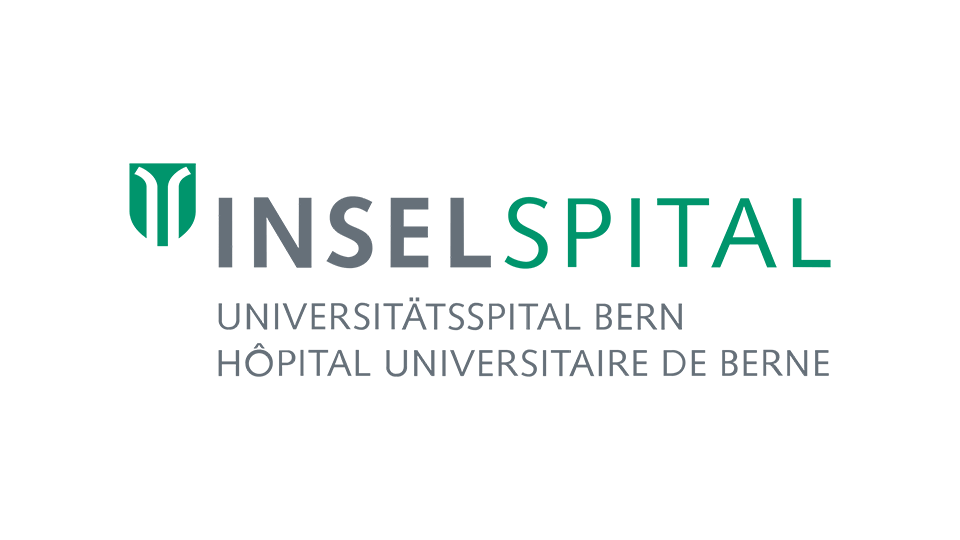Leukemia stem cells (LSCs) are the origin of any myeloid leukemia and are thought to reside at the top of the leukemic hierarchy. LSCs are often resistant against standard treatment and against immune control due to various escape mechanisms. Therefore, they represent a major obstacle for the cure of leukemia.
To develop new therapeutic strategies, a better understanding of the microenvironment of LSCs and its impact on disease evolution is needed. Preliminary results suggest that IL-21 and IL-21 receptor signaling are potential therapeutic targets. IL-21 is a cytokine primarily released by CD4 and NK T cells and is a potent regulator of innate and adaptive immune responses. Its binding partner, the IL-21 receptor, is highly expressed on lymphoid cells such as B-, T-, and NK- T cells.
Recently, serum IL-21 levels were shown to be significantly elevated in patients with newly diagnosed acute myeloid leukemia (AML) and positively correlated with overall survival. IL-21R is highly expressed on leukemia stem/progenitor cells. In addition, IL-21 was found to reduce stemness of LSCs in AML mouse models.
The aim of this proposal is to determine the role and mechanism of IL-21R/IL-21 signaling on primary human leukemia stem/progenitor cells in vitro and in vivo, to characterize the source of IL-21 secretion in human AML and to target primary human AML stem cells with IL-21 producing CD70-CAR T cells.
This collaboration provides a link between the studies of IL-21 in immunity in mouse models by the Kopf lab at ETH and immune control of LSCs in mouse models and patients by the Riether lab at the Inselspital Bern.





